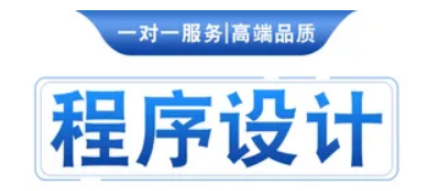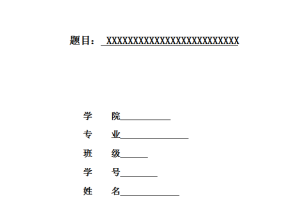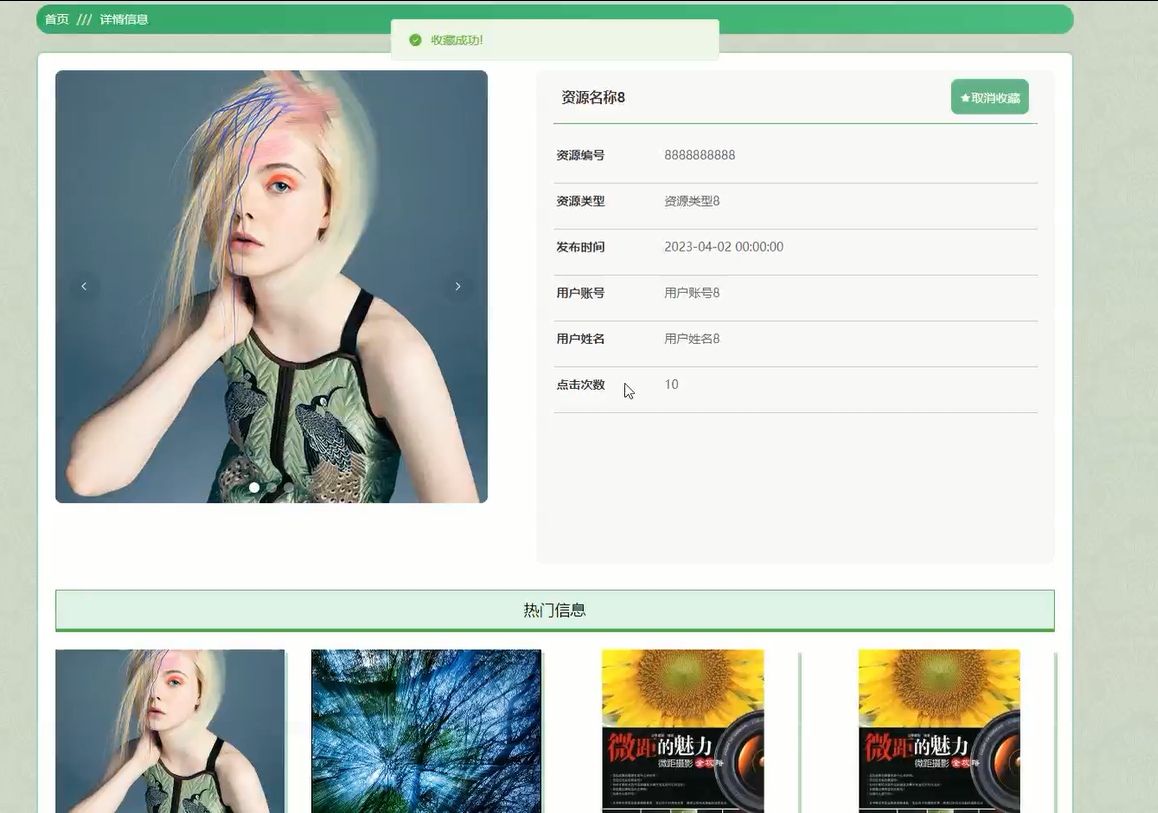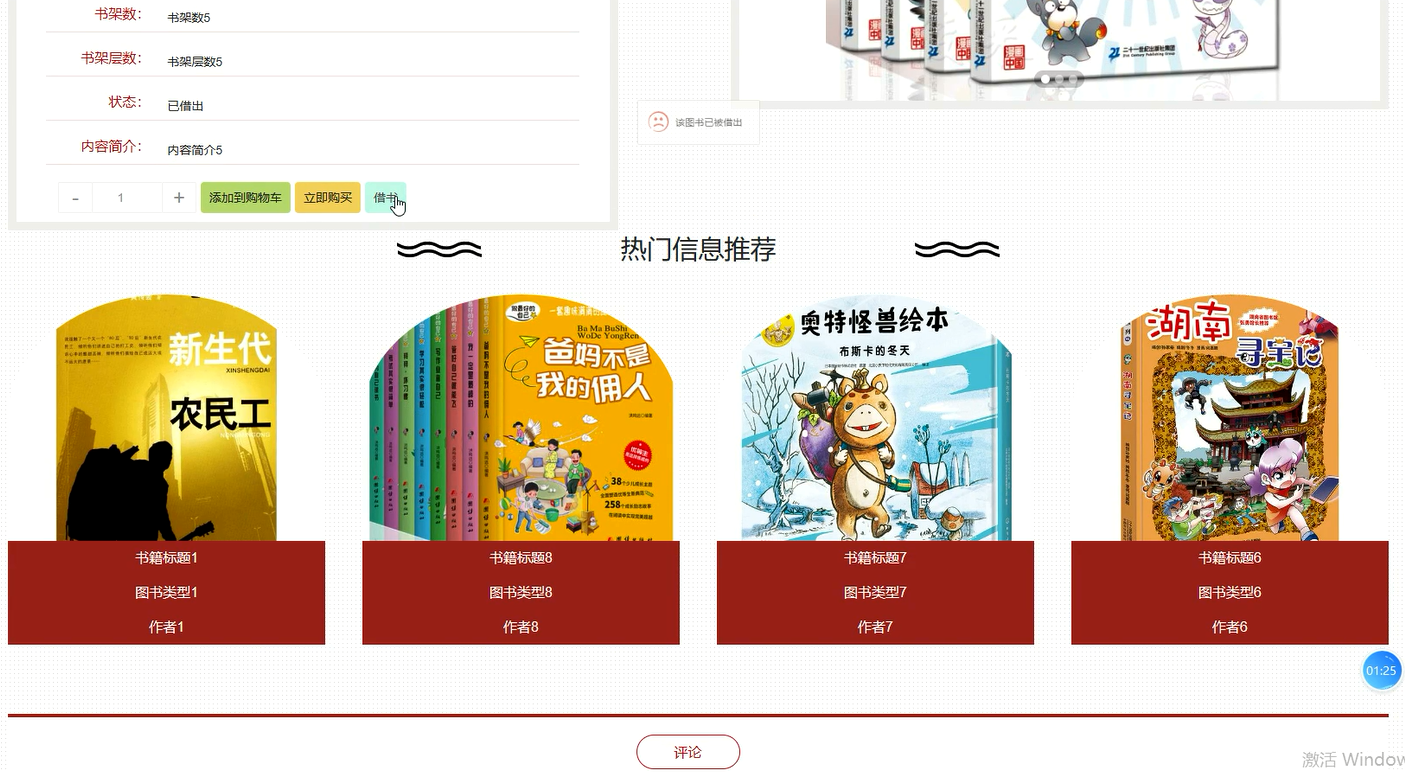摘 要
对公司高管人员进行有效的激励和约束是实现经理与股东利益一致,降低代理成本、提升公司价值的主要途径之一。自改革开放以来,随着社会主义市场经济体制的逐步完善,我国上市公司高管人员的激励契约也逐渐从计划经济体制向市场化方向迈进。目前转型时期,上市公司高管激励机制在政府管制的背景下还存在许多问题。政府对上市公司的干预以及公司治理结构的不完善都使得市场化的激励契约难以有效实施。因此,分析当前政府管制下的上市公司高管激励机制的现状以及存在的问题将为未来高管激励机制的改革提供出路。
本文在对国内外文献回顾的基础上,结合我国上市公司高管薪酬激励的制度背景,就上市公司高管货币薪酬激励与隐性激励机制进行了深入的分析。文章主要以 2003 年之后国务院国有资产监督管理委员会颁布的《中央企业负责人经营业绩考核暂行办法》和《中央企业负责人薪酬管理暂行办法》为基点,以 2003 年之后的国有上市公司数据为样本就政府管制下的上市公司高管薪酬出现的刚性现象以及当前上市公司高管薪酬激励机制的有效性作了详细的分析。在此基础之上,本文利用最优契约设计的方法探讨了政府管制下的上市公司高管自利行为对薪酬契约的影响,并结合实证研究检验了薪酬管制和管理层权力对上市公司高管隐性收益的影响。
关键字:企业高管;激励机制;酬薪
It is one of the main ways to achieve managers and shareholders’ interests, to reduce agency costs and to improve the value of the company by effective incentive and restraint of the executives of the company. Since the reform and opening up, with the gradual improvement of the socialist market economic system, China’s state-owned enterprise executives incentive contract is gradually moving from the planned economic system to the market direction. In the current transition period, the executive incentive mechanism of state-owned enterprises still has many problems in the context of government regulation. The government intervention of the state-owned enterprises and the imperfect corporate governance structure make the market of the incentive contract is difficult to effectively implement. Therefore, the analysis of the current situation and problems of the executive incentive mechanism of state-owned enterprises under the current government regulation will provide a way out for the reform of executive incentive mechanism in the future.
Based on the review of domestic and foreign literature, combined with the background of China’s state-owned enterprise executive compensation incentive system, this paper makes a deep analysis on the monetary compensation incentive and implicit incentive mechanism. The main in 2003 after the state owned assets supervision and Administration Commission of the State Council promulgated the “central enterprises responsible for performance evaluation provisional measures” and “central enterprises responsible for salary management Interim Measures” as the starting point, with the data of state owned Listed Companies in 2003 after for like the government under the control of state-owned enterprises executive compensation of rigid phenomenon and the executives of state-owned enterprises salary incentive mechanism is effective for detailed analysis. On this basis, the optimal contract design method to discuss the effect of compensation contract under the control of the government of state-owned enterprise executives self-interest behavior, and combined with empirical study to test the effect of compensation regulation and management of power of recessive income of the managers of state-owned enterprises.
KEY WORDS:Business executives; Incentive mechanism; Pay salary
目 录
ABSTRACT………………………………………………….. 2
1.2.2国内激励管理研究现状…………………………….. 7
2对与高管激励现状与方式相关的基本概念加以阐述…………………. 9
2.2.1马斯洛的需求层次论这一理论……………………….. 9
2.2.3亚当斯的公平理论……………………………….. 10
2.3.1短期激励与长期激励相结合………………………… 11
2.3.2正面激励与负面激励相结合………………………… 11
2.3.3物质激励与精神激励相结合………………………… 12
2.3.4贡献与获得相匹配的原则………………………….. 12
2.4企业高管激励的目标………………………………….. 12
2.4.1更好地促进企业经营和发展目标的实现……………….. 12
2.4.3充分调动中高层管理人员的枳极性和创造性……………. 13
2.5影响高管激励措施的因素………………………………. 13
2.5.2注重短期激励,缺乏长期激励……………………….. 14
2.5.3重物质激励,轻精神激励…………………………… 14
2.5.4激励缺乏针对性、差异性………………………….. 15
3高层激励现状分析-以长沙市商业银行为例………………………. 16
3.1长沙市商业银行背景………………………………….. 16
3.1.1 长沙市商业银行概况……………………………. 16
3.1.2长沙市商业银行高管人员未来发展分析……………….. 17
3.1.3 长沙市商业银行高管人员激励管理现状……………… 20
3.2长沙市商业银行高管人员激励存在的问题………………….. 20
3.2.1高管人员薪酬收入未与业绩紧密挂钩…………………. 21
3.2.2高管人员中长期激励强度较弱………………………. 22
3.2.3高管人员职业生涯不通畅………………………….. 22
3.2.4高管人员个性化需求未能得到有效满足……………….. 22
3.3高管人员激励问题的原因分析…………………………… 23
3.3.1银行高管人员考核任免体制未理顺…………………… 23
3.3.2职业经理人市场发展未成熟………………………… 23
3.3.3思想认识和社会环境存在阻碍………………………. 23
4对企业管理人员激励方式的选择及政策建议……………………… 25
4.1继续坚持以物质激励为主,同时加强精神激励的模式…………. 25
4.3在精神激励方面要规范操作,实行透明化激励和有效的监督……. 27





